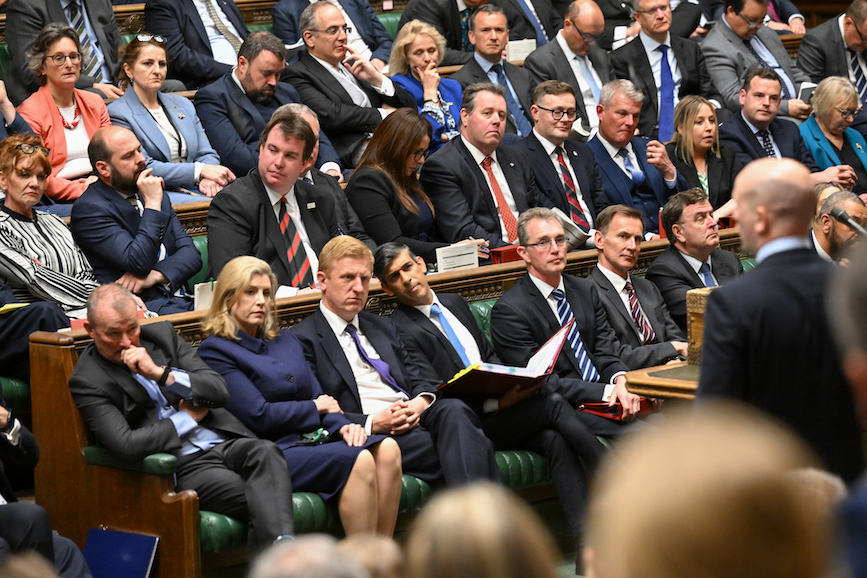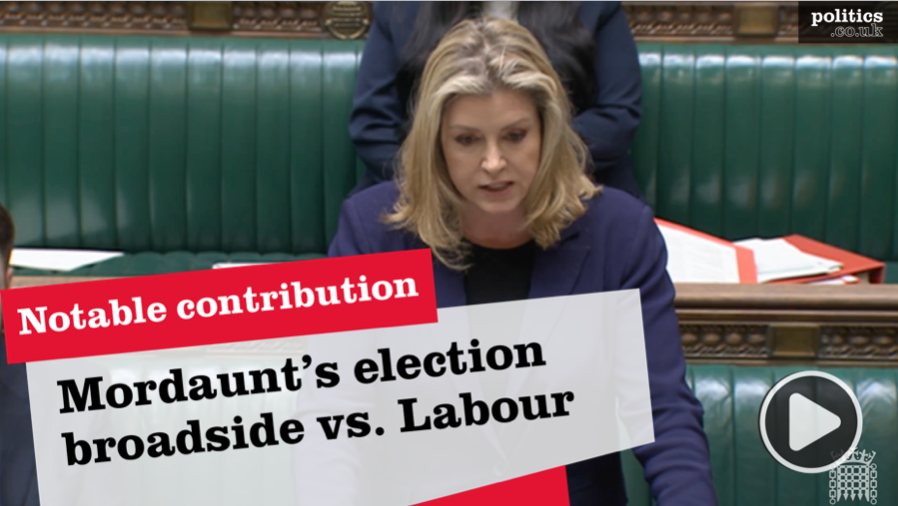Christian schools admit fewer SEND children
State-funded faith schools in England are less likely to admit children with special educational needs or disabilities (SEND) than other state schools, according to new research published today. Humanists UK, which has long campaigned for inclusive schools suitable for all children – regardless of the religious background of their parents – described the findings as ‘alarming’ and called for the Government to take action.
The research, from Dr Tammy Campbell at the London School of Economics and Political Science (LSE), and which focused on primary schools, found that in 2020:
-
Catholic primary schools admitted 24% fewer children with SEND than community schools without a religious character;
-
Similarly Church of England schools that administer their own admissions admitted 15% fewer children with SEND;
-
And Church of England schools where the local authority set their admissions policies (which may include religious selection) admitted eight per cent fewer children with SEND.
Furthermore, children with an Education, Health, and Care Plan (EHCP) faced similar barriers to admission to faith schools.
While most pupils’ admissions to state schools are determined in accordance with their oversubscription criteria, schools must admit any pupil with SEND whose statement of SEND names the school. This therefore happens outside of the standard admissions process. Schools are however meant to make this fact clear in their admissions arrangements document. But in 2015, Humanists UK published a report called An Unholy Mess: How virtually all religiously selective state schools in England are breaking the law. It found (on page 33) that around a third of religiously selective secondary schools were failing to be clear in this way. That fact may explain some of the discrepancy identified by Dr Campell’s research.
Today’s findings add weight to earlier research from Humanists UK and others, which has shown that state-funded faith schools – particularly those that religiously select – admit fewer poor children, are the most racially segregated state schools, and frequently discriminate against care-experienced children in their admissions policies. They also, of course, are religiously segregated.. Furthermore, faith schools are known to use religious education and collective worship to evangelise and indoctrinate. Taken together, all this evidence demonstrates clear discrimination across the board, wholly inappropriate for the state school system in modern Britain.
Following evidence from Humanists UK, the United Nations Committee on the Rights of the Child recently criticised the UK Government for permitting faith-based discrimination in school admissions. Despite this, the present Government shows no signs of changing policy, and the leader of the opposition has recently been criticised for showing similar support for such a discriminatory system.
Humanists UK Director of Public Affairs and Policy Richy Thompson said:
‘We already know that faith schools admit fewer poorer children than other local schools, and often drive ethnic and religious segregation too. And this latest alarming evidence means that we now also know they admit fewer children with special educational needs and disabilities.
‘The Government should remove faith schools’ ability to select pupils on the basis of their parents’ religious practices. We will be asking them what they will do in light of this latest evidence.’











